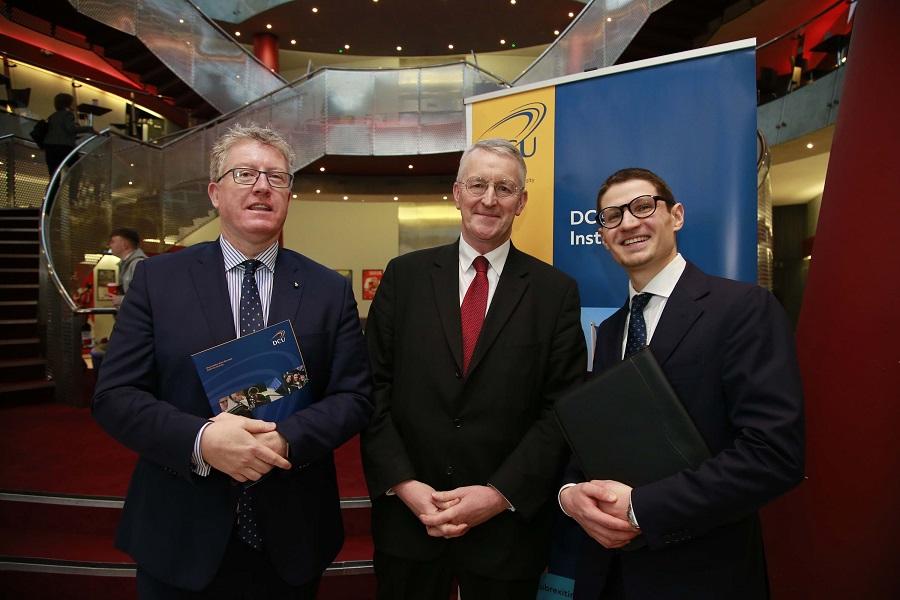

DCU Brexit report highlights seldom used trade clause to avoid hard border
A new report on The Institutional Consequences of a ‘Hard Brexit’, by Prof Federico Fabbrini, Director of the DCU Brexit Institute has identified the use of a seldom mentioned clause, "the Frontier Traffic Exception" under GATT (General Agreement on Tariffs and Trade) which could be used to declare the whole territory of Northern Ireland as a border region to the EU Customs Union if the UK left the EU without any agreement and thus avoiding a hard border.
Prof Fabbrini, whose report has been written at the request of the European Parliament Constitutional Affairs Committee (AFCO) outlined three key crucial areas for trade, the judiciary and the financial obligations of the UK in the event of a ‘Hard Brexit’.
As follows:
- If the UK were to leave the EU without an agreement, commerce between the EU and the UK would be governed by WTO (World Trade Organisation) rules. In order to avoid a hard border on the island of Ireland, the EU could invoke the frontier traffic exception under the GATT to declare the whole territory of Northern Ireland as a border region to the EU customs union.
- British judges at the European Court of Justice should remain in their function even after Brexit until the end of their mandate.
- In the draft withdrawal agreement of March 2018, the UK accepted that it is obliged to continue to contribute to the EU budget after it leaves the EU. From a legal perspective, even in the case of a hard Brexit the UK would continue to bear this financial liability. If the UK were to breach these commitments, the EU could not sue the UK before the ECJ but it could seek other judicial remedies and an international tribunal is likely to find in favour of the EU.
The Institutional Consequences of a ‘Hard Brexit’ is an in-depth analysis from a legal point of view of the institutional, budgetary and policy implications for the EU in the case of a hard Brexit.
